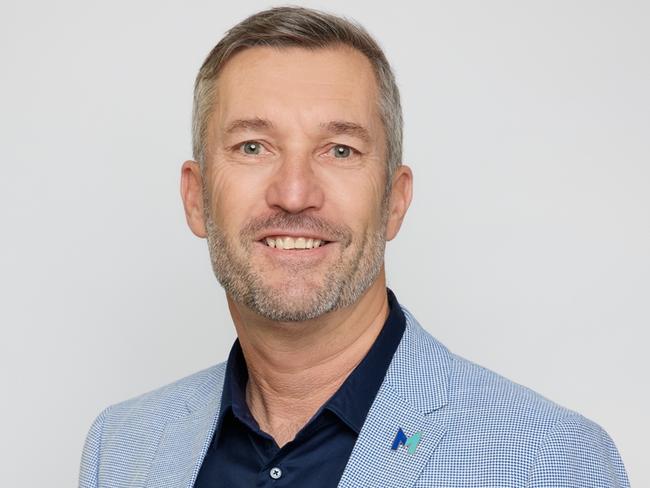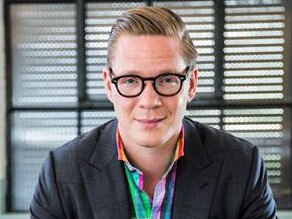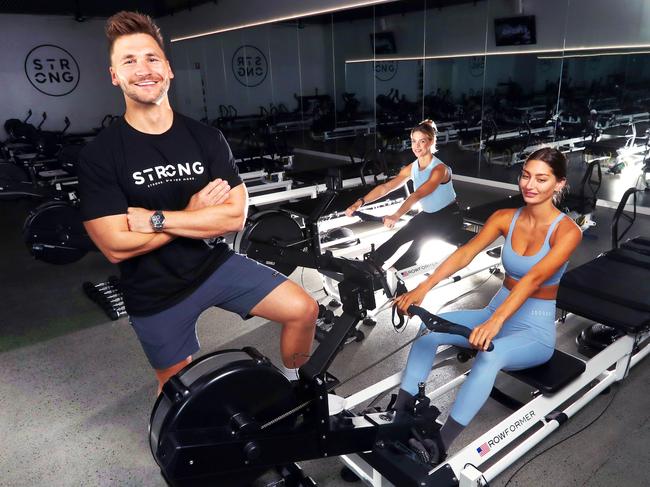Call to arms: how regional businesses can benefit from the pandemic
One silver lining from the Covid-19 pandemic is the economic injection it has brought to regional areas.
Coronavirus
Don't miss out on the headlines from Coronavirus. Followed categories will be added to My News.
The great Covid tree change is creating new opportunities for regional businesses as Aussies flee capital cities and bring their skills and their wallets further afield.
Exclusive research from data and insights platform Dynata reveals more than a third (37 per cent) of metropolitan Australians have considered moving to a regional area since the pandemic and one in six of these (17 per cent) have committed to a move.
But many more have gone beyond daydreaming, with 45 per cent researching where to live, 19 per cent applying for jobs and 20 per cent asking their current employer for permission to work from a different location.
While some tree changers just want a temporary reprieve from capital city restrictions, most (66 per cent) hope to make a permanent move away from the hustle and bustle.
ADDRESSING SKILL SHORTAGES
Mars Wrigley Australia general manager Andrew Leakey said there was a particularly strong appetite from younger Australians to move out of metropolitan areas but it was up to regional employers, governments and educators to showcase the careers available in regional businesses.

The chocolate and chewing gum manufacturer’s own research showed almost four in five (79 per cent) Millennials had considered a regional relocation and about three-quarters (74 per cent) reported Covid-19 as an influencing factor.
Mr Leakey called on regional communities to implement “bold and visionary initiatives to position themselves as attractive destinations”.
Mars Wrigley employs almost 700 people in regional and outer-city areas, including in Ballarat, Victoria.
“Traditionally, people in Ballarat go to Melbourne for university so then stay in the bigger cities, but what we are finding is that, with the right programs, you can show people what a career (in a regional area) looks like,” Mr Leakey said.
Global futurist Anders Sorman-Nilsson said although many recent tree changers and sea changers would continue their city jobs as remote employees, many of these would eventually end up in local businesses, too.
“Once talent migrates into regional communities and they get a taste for the place, they might decide ‘it’s great to be a laptop jockey but it would be nice to start engaging with the community’ and they see there are big employers in the regional towns,” he said.
“You may see people keep their connectivity to their old employer but in a year or two they explore the local employers … and it will go some way to addressing the skill shortages in local communities.”

GROWING POPULATIONS INCREASE CUSTOMERS
Populations outside of greater capital cities increased by more than 11,800 in the March 2021 quarter due to internal migration alone.
This was the largest shift on record since the Australian Bureau of Statistics began the series 20 years ago – surpassing the previous record in the September 2020 quarter.
And more people means more customers.
Nicholas Blackburn, 32, was living and working in Melbourne when the pandemic hit but moved to Townsville, Queensland, earlier this year.
He took a remote role with Adelaide-headquartered game developer Mighty Kingdom, working as the programming lead for phone app Gabby’s Dollhouse.
“After spending nine months indoors working remotely for an office in the same city, you kind of wonder why you’re paying the rent you are when you could just as well be out on the beach in a three-bedroom house at half the price,” he said.
“Townsville really has a personality all of its own when it comes to retail and food, with local hip produce stores like Otto’s and entirely earnest fashion stores like Design Works Apparel.”
NEW BUSINESSES LAUNCHING
Start-up expert and director of partnerships at HR software company Compono Raife Watson said a significant portion of new businesses created since the Covid-19 outbreak were in regional areas.
“Sometimes it’s a city person that moves to the country and they get there and go ‘what am I going to do?’,” he said.
“They might start up things that are in the city but aren’t in the country – such as high-end bakeries or groceries.”

Strong Pilates co-founder Michael Ramsey said he had received a lot of franchise inquiries from people in regional areas.
There are 12 new studios opening soon, including in New South Wales’ Thornton and Newcastle, Tasmania’s Launceston and Queensland’s Gold Coast and Sunshine Coast.
“A lot (of the people contacting me) have moved from the city to the regions,” he said.
“They have quit their jobs and want to have a bit more freedom in today’s world.
“A lot are just inquiries but they are typically in areas like Geelong (VIC), Terrigal (NSW), Mt Gambier (SA), Adelaide Hills.”
Originally published as Call to arms: how regional businesses can benefit from the pandemic




